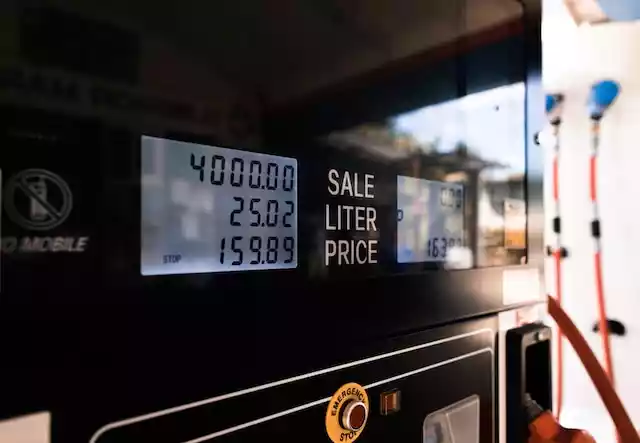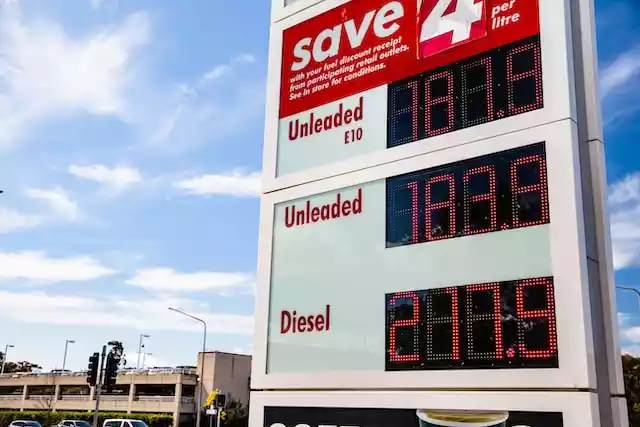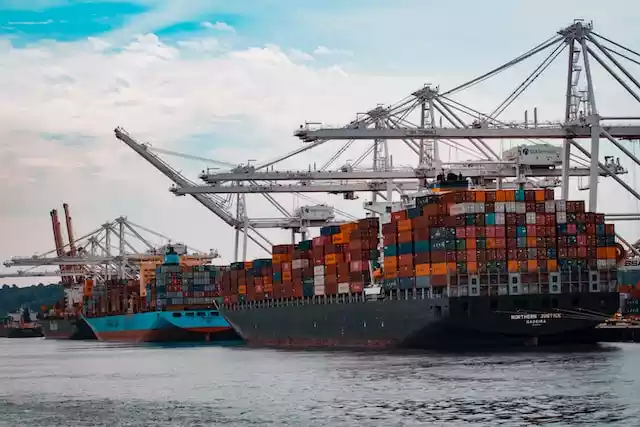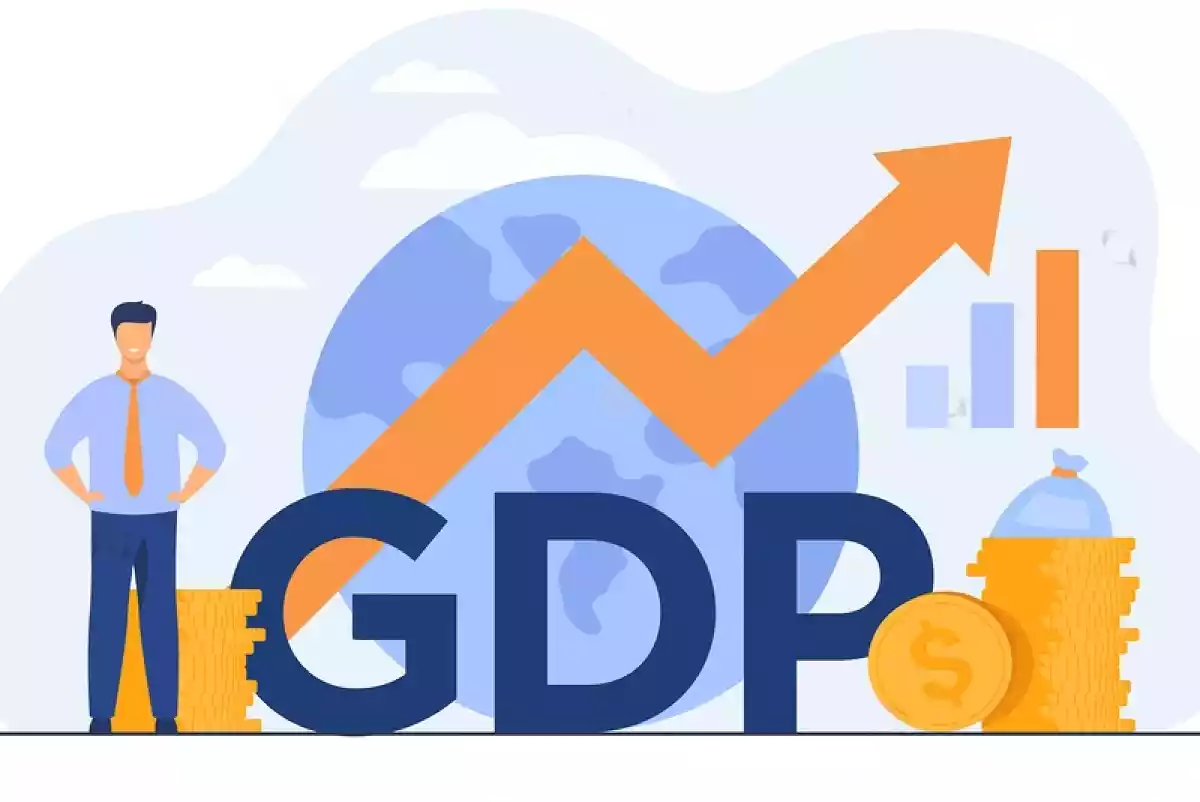Fuel Subsidy in Nigeria: All You Need to Know (in 2023)
Fuel subsidy in Nigeria has been a long-standing government policy implemented to keep the price of fuel below the market rate.
This initiative involves the government paying the difference between the market price and the subsidized price, ensuring affordability for consumers.

In this article, we will look into the details of fuel subsidy in Nigeria, its historical background, the current challenges it poses, and the pros and cons associated with this policy.
Historical Background of Fuel Subsidy in Nigeria
Fuel subsidy has been an integral part of Nigeria’s energy landscape since the 1970s. The policy was introduced as a response to the global oil price shocks that led to a surge in fuel costs, burdening the Nigerian populace.
The government implemented fuel subsidy as a means to shield consumers from the exorbitant prices, ensuring access to affordable fuel.
But, over the years, the dynamics of fuel subsidy have evolved, presenting both benefits and challenges.
Rising Costs and Fiscal Implications
In recent years, the cost of fuel subsidy in Nigeria has witnessed a significant increase. In 2022 alone, the government allocated a staggering $7 billion for fuel subsidy, surpassing the combined budgets for education and health.
This escalating expenditure on subsidy has placed an immense strain on government resources, diverting funds that could be allocated to other critical sectors.
As a result, there has been a growing realization of the need to reassess the effectiveness and sustainability of fuel subsidy.
The Government’s Plan to Remove Fuel Subsidy
Considering the fiscal burden and the desire to promote market-driven pricing, the Nigerian government has announced plans to remove fuel subsidy in 2023.
This decision, however, has sparked intense debates and encountered opposition from various quarters.
Critics argue that the removal of fuel subsidy will lead to a surge in fuel prices, placing additional financial hardships on ordinary Nigerians.
It is crucial to analyze the potential consequences and trade-offs associated with this proposed change.
Pros of Fuel Subsidy
Fuel subsidy, despite its challenges, offers several benefits that need to be considered in the broader context of Nigeria’s socio-economic landscape.
1. Keeping Fuel Costs Low for Consumers and Businesses
One of the key advantages of fuel subsidy is its ability to maintain low fuel prices. By subsidizing the cost, the government ensures affordability for consumers, reducing the burden on their daily expenses.
In addition, businesses also benefit from lower fuel costs, allowing them to manage their operational expenses and maintain competitive pricing for their products and services. This, in turn, fosters economic growth and stability.
2. Inflation Control and Economic Stability
Fuel subsidy plays a vital role in controlling inflation and maintaining economic stability. By subsidizing fuel prices, the government effectively absorbs a portion of the production costs, preventing businesses from passing on the full burden to consumers.
This mechanism helps keep prices of goods and services relatively stable, reducing inflationary pressures and ensuring a more stable economic environment.
3. Job Protection and Economic Growth
Another significant advantage of fuel subsidy is its indirect contribution to job protection and economic growth.
Subsidized fuel prices enable businesses to lower their operational costs, which helps them maintain their workforce.
By preventing layoffs and job losses, fuel subsidy provides stability in the labor market, protecting livelihoods and sustaining consumer spending.
This, in turn, supports economic growth and drives overall development.
Cons of Fuel Subsidy
While fuel subsidy offers certain advantages, it also poses significant challenges and concerns that need to be carefully evaluated.
1. Drain on Government Resources
Fuel subsidy places a substantial burden on government finances. The substantial funds allocated for subsidizing fuel could be directed towards critical sectors such as education, health, job creation and infrastructure development.
The strain on government resources highlights the need for a comprehensive evaluation of the cost-effectiveness and the reallocation of these funds for broader national development goals.
2. Corruption and Lack of Accountability
Fuel subsidy programs are vulnerable to corruption and a lack of accountability. The vast sums of money involved create opportunities for misuse and fraud.
Instances of mismanagement and embezzlement have eaten away public trust and undermined the intended benefits of the subsidy program.
Strengthening transparency, implementing effective monitoring mechanisms, and ensuring accountability are essential to address these challenges.
3. Market Distortions and Impaired Competitiveness
Fuel subsidy can lead to market distortions and hinder economic efficiency. Subsidized fuel prices create incentives for smuggling and illegal activities, affecting government revenue and distorting market dynamics.
Moreover, the subsidy can impede fair competition, as businesses operating without subsidies may struggle to compete on an uneven playing field.
Encouraging a more level and competitive market environment is crucial for sustainable economic growth.
The Complex Decision Ahead
Fuel subsidy in Nigeria is a complex issue with a multitude of factors to consider. The decision to remove or retain fuel subsidy is undoubtedly a challenging one, without a straightforward solution.
The government must engage in comprehensive deliberations, considering the long-term implications, the welfare of its citizens, and the overall economic sustainability of the nation.
Striking a delicate balance between ensuring affordability for consumers and managing fiscal resources will be critical in shaping the future course of fuel subsidy policies in Nigeria.
Wrap Up
In conclusion, fuel subsidy in Nigeria has played a significant role in ensuring access to affordable fuel for decades. However, rising costs, fiscal implications, and concerns about market distortions and corruption have prompted discussions on its effectiveness and long-term viability.
While fuel subsidy offers benefits such as low fuel costs, inflation control, and job protection, it also places a strain on government resources and hampers market competitiveness.
A thoughtful and informed approach is necessary to address these challenges and make decisions that align with Nigeria’s broader socio-economic objectives.





